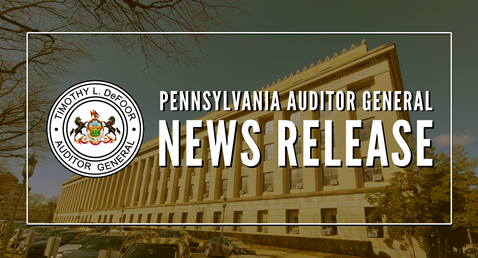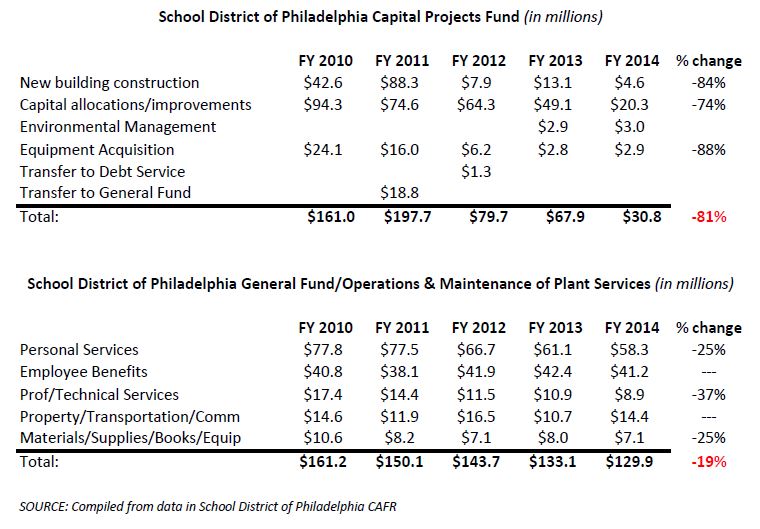Auditor General DePasquale Says Urgent Facility Work Needed to Keep School Buildings Safe for Students, Teachers

Auditor General DePasquale Says Urgent Facility Work Needed to Keep School Buildings Safe for Students, Teachers
PHILADELPHIA (Feb. 11, 2016) – Auditor General Eugene DePasquale today told the Senate Democratic Appropriations Committee that urgent facility and infrastructure improvements are needed to ensure School District of Philadelphia buildings are safe for students and teachers.
DePasquale also discussed how downgraded bond ratings will increase the cost for schools across the state to make infrastructure improvements.
“The impact from the elimination of the charter school reimbursement funding from the state in 2011 and the district’s failure to invest in maintenance and repairs is now being felt,” DePasquale said this afternoon during a hearing at Philadelphia’s F.S. Edmonds Elementary School, where a boiler exploded while students were in class last month.
DePasquale noted that his department is currently completing an audit of the School District of Philadelphia and said that, though auditors didn’t focus specifically on the district’s infrastructure challenges, the team did find some interesting statistics.
“What we found might surprise you,” he said. “Between 2010 and 2014, the district spent 81 percent less on capital projects and about 20 percent less on operations and maintenance.

DePasquale told the committee that schools that need to borrow money for building and maintenance are going to face higher costs because of Pennsylvania’s increasingly downgraded bond ratings.
“There is a real, tangible impact of the bond ratings that we hear about in the news,” DePasquale said. “In very general terms, every time the school district or commonwealth’s bond rating is downgraded, it costs the district more for every dollar borrowed.”
In the case of the School District of Philadelphia, the Fitch Group reaffirmed its credit rating of “BB-” with a “negative” outlook just this week.
Part of Fitch’s reasoning for the low rating was the lack of a full-year state budget, which creates significant uncertainty for all state districts. It creates a heightened problem in school district such as Philadelphia that rely heavily on state aid for its budgetary operating revenues. The School District of Philadelphia has borrowed $825 million since the beginning of the state budget impasse.
“What all of this means is that the school district may face some challenges getting the finances necessary to make the repairs needed to ensure that our students are safe and their education is not interrupted again by failing boilers and infrastructure,” DePasquale said.
# # #
